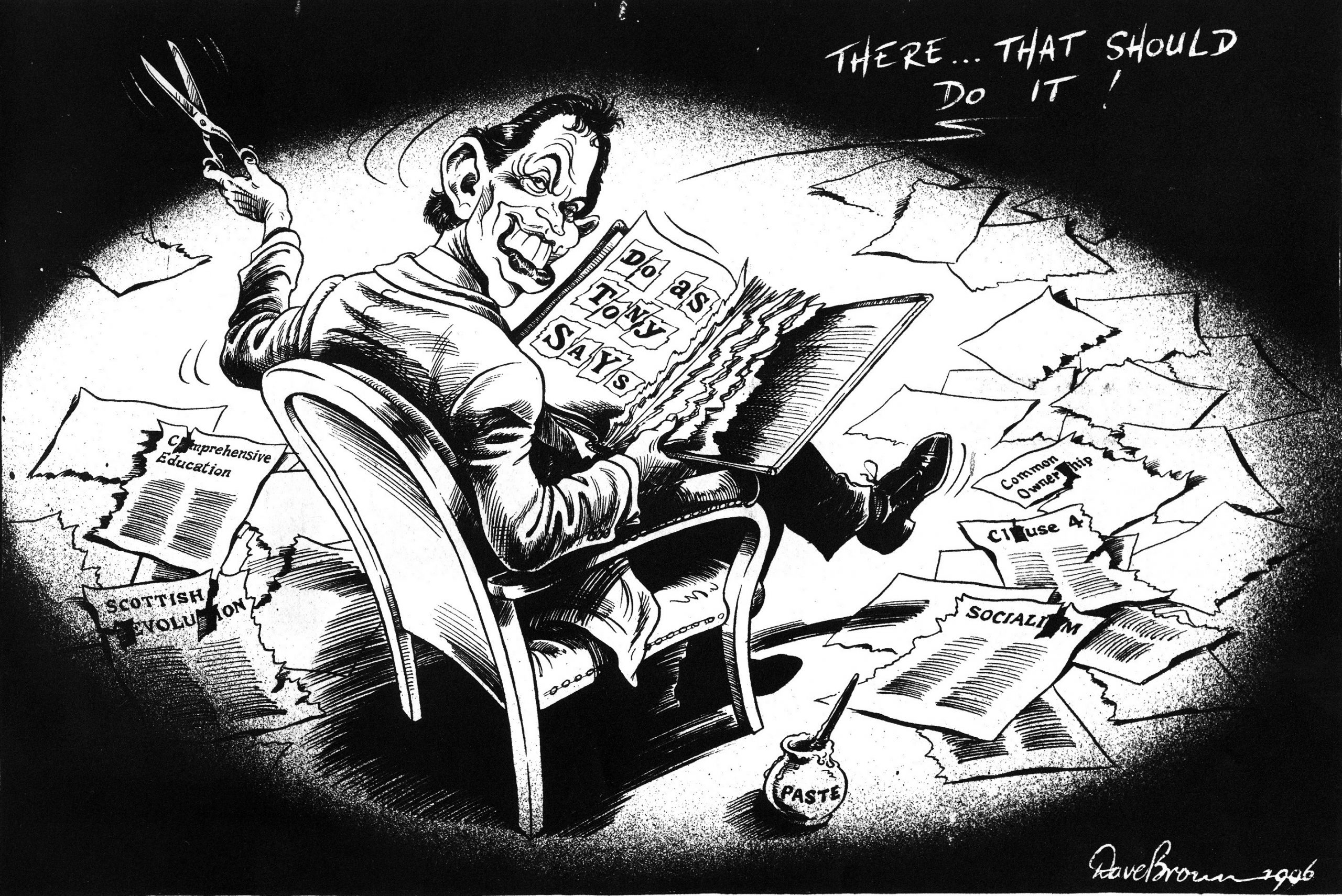
The phrase ‘prime-ministerial government’ is mostly used descriptively. Those using it may approve of it or disapprove of it, they may regard it as accidental or inevitable, but, whatever their own personal views, they believe that prime-ministerial government exists. By that, they mean that the modern British prime minister is in a position, under almost all circumstances, to dominate his party and the majority in the House of Commons, to dominate his government and to steer his government’s policies in whichever direction he chooses.
The prime minister’s power, they believe, rests on the fact that most of his parliamentary followers are ambitious for ministerial office and that he and he alone controls the allocation and distribution of ministerial offices. It also rests on the prime minister’s authority over the security services and on the modern premier’s much enhanced staff resources. Number 10 is no longer a modest domestic dwelling; it is a sprawling estate. In this view, the prime minister’s power rests also on the modern mass media’s almost exclusive focus on him and (in so far as they can gain access to it) his immediate entourage. The media’s focus on him gives him greater personal leverage over his ministerial subordinates.
Your organisation does not have access to this article.
Sign up today to give your students the edge they need to achieve their best grades with subject expertise
Subscribe




